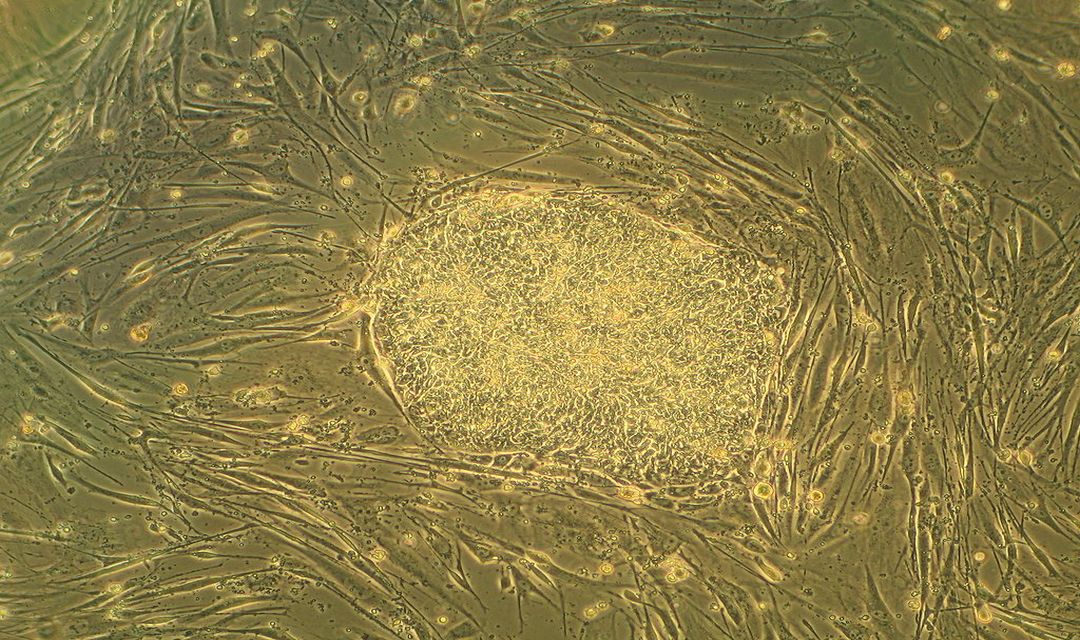By Hank Hanegraaff
In 2004, the cash-strapped state of California passed Proposition 71, allocating $3 billion to finance the cloning of human embryos and their subsequent destruction through embryonic stem cell research. Support for this proposition was largely influenced by celebrities such as Brad Pitt, Nancy Reagan, and the late Christopher Reeve who reiterated the biotech industry’s promises that embryonic stem cell research will lead to cures for debilitating diseases and spinal cord injuries. Other celebrities such as Mel Gibson and Joni Eareckson Tada, herself a quadriplegic, rightly responded that all who are concerned about the sanctity of human life must support a complete ban on the use of this technology.
First, while an embryo does not have a fully developed personality, it does have full personhood from the moment of conception. You did not come from an adolescent; you once were an adolescent. Likewise, you did not come from an embryo; you once were an embryo. All human beings are created in the image of God and endowed with the right to life, regardless of size, location (in or out of the womb), or level of dependency. Make no mistake about it, extracting stem cells from an embryo kills the embryo.
Furthermore, while we should sympathize with those who suffer from debilitating diseases and injuries, cures and therapies must be sought within appropriate moral boundaries. Killing human embryos in the search for cures is tantamount to subjecting one class of people to harmful experimentation for the sake of another. To do so violates the biblical injunction against murdering humans made in the image of God (Genesis 1:26–27; 9:5–6), as well as the Nuremberg Code compiled by the tribunal responsible for judging the Nazis after World War II.
Finally, in light of the promising results of adult stem cell research, state funding for the destruction of embryos is not only morally repugnant but fiscally irresponsible. Stem cells extracted from non-embryonic sources such as bone marrow, blood, brain cells, and baby teeth are similar to embryonic stem cells in their ability to grow into multiple types of tissues. While embryonic stem cells used in research have demonstrated a tendency to grow into tumors, adult stem cells have already shown success in human trials for treatment of multiple sclerosis, sickle cell anemia, stroke, Parkinson’s disease, and more. The frightening conclusion is that the fervor over embryonic stem cell research is more a pretext for human cloning than a context for responsible medical progress.
Deliver those who are drawn toward death,
And hold back those stumbling to the slaughter. If you say, “Surely we did not know this,”
Does not He who weighs the hearts consider it? He who keeps your soul, does He not know it? And will He not render to each man according to
his deeds?
Proverbs 24:11–12 NKJV
For further study, see Charles W. Colson and Nigel M. de S. Cameron, Human Dignity in the Biotech Century: A Christian Vision for Public Policy (Downers Grove, IL: InterVarsity Press, 2004).
***Note the preceding text is adapted from The Complete Bible Answer Book: Collector’s Edition: Revised and Expanded (2024). To receive for your partnering gift please click here. ***
